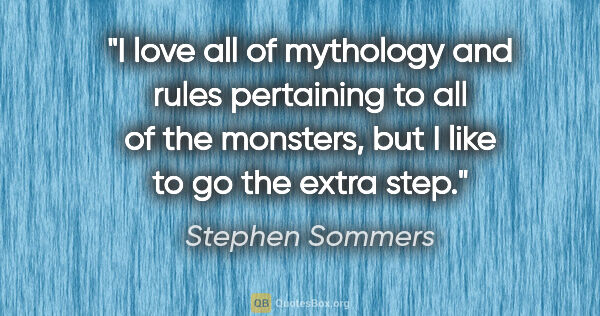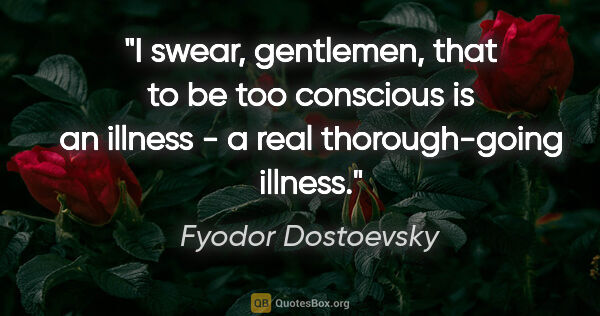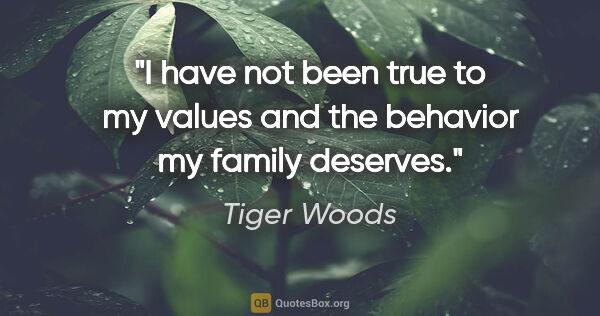No one can draw more out of things, books included, than he already knows. A man has no ears for that to which experience has given him no access.
Friedrich NietzscheAbout author
- Author's profession: Philosopher, Writer
- Nationality: deutsch
- Born: October 15, 1844
- Died: August 25, 1900
Related Authors
Topics
Quotes currently Trending


Man has no individual i. But there are, instead, hundreds and thousands of separate small "i"s, very often entirely unknown to one another, never coming into contact, or, on the contrary, hostile to each other, mutually exclusive and incompatible. Each minute, each moment, man is saying or thinking, "i". And each time his i is different. just now it was a thought, now it is a desire, now a sensation, now another thought, and so on, endlessly. Man is a plurality. Man's name is legion.
G. I. Gurdjieff
Listen, lady," he said in a high voice, "if I had of been there [to see Jesus raise the dead] I would of known and I wouldn't be like I am now." His voice seemed about to crack and the grandmother's head cleared for an instant. She saw the man's face twisted close to her own as if he were going to cry and she murmured, "Why you're one of my babies. You're one of my own children!" She reached out and touched him on the shoulder. The Misfit sprang back as if a snake had bitten him and shot her...
Flannery O'Connor

We have flattered ourselves by inventing proverbs of comparison in matter of blindness,--"blind as a bat," for instance. It would be safe to say that there cannot be found in the animal kingdom a bat, or any other creature, so blind in its own range of circumstance and connection, as the greater majority of human beings are in the bosoms of their families. Tempers strain and recover, hearts break and heal, strength falters, fails, and comes near to giving way altogether, every day, without...
Helen Hunt Jackson
In the past 20 years alone, it adds up to more death than were caused by all the civil and international wars adn government repression of the entire twentieth century, the century of Hitler and Stalin. How much would we give to prevent those horrors? Yet how little are we doing to prevent today's even larger toll and all the misery that it involves? I believe that if you read this book to the end, and look honestly and carefully at our situation, assessing both the facts and the ethical...
Peter Singer


